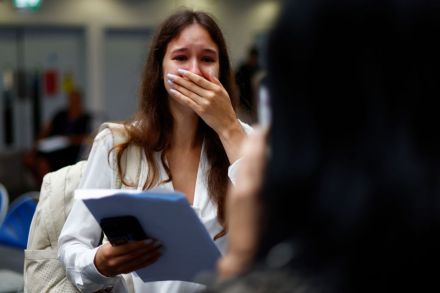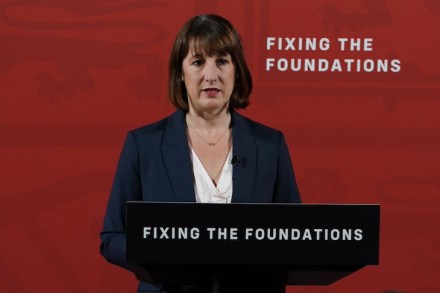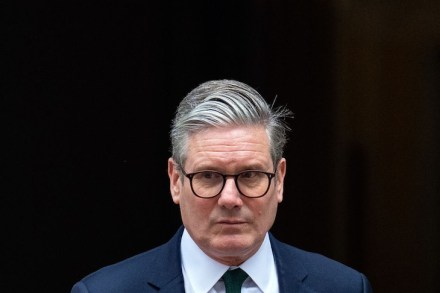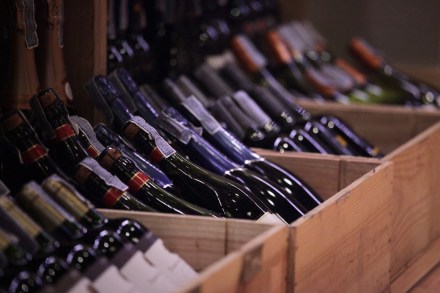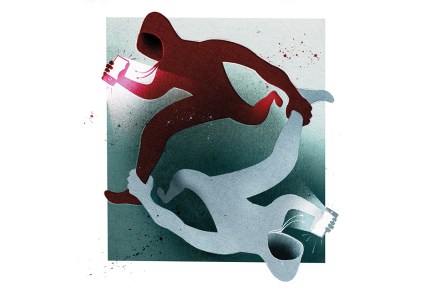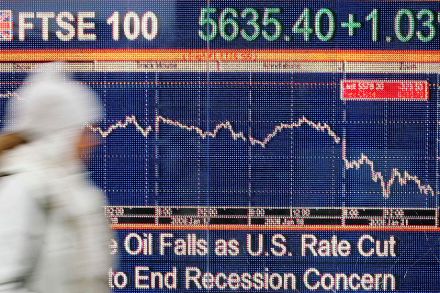GCSE grade inflation is finally over
Today’s GSCE results show essentially unchanged performance compared with last year, with 21.7 per cent of pupils achieving grade 7 or above (compared with 21.6 per cent in 2023) and 67.4 per cent achieving grade 4 or above (compared with 67.8 per cent last year). This is still slightly up on 2019, but the Covid
